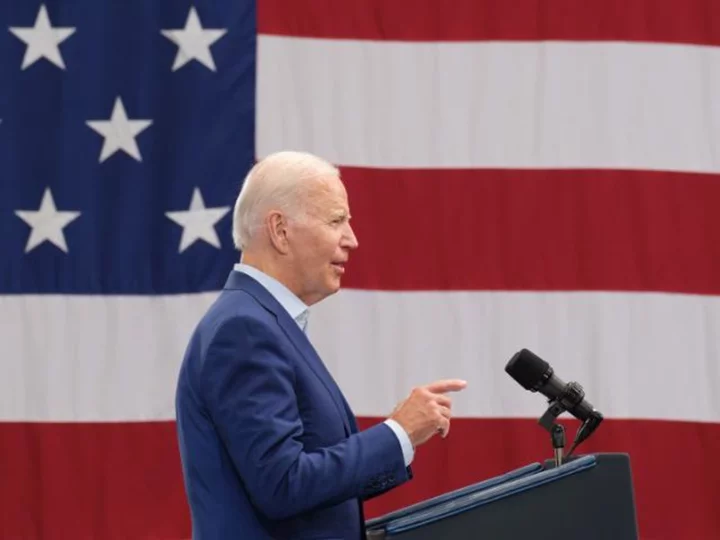Oil fell below $80 a barrel for the first time in more than two months as fresh doubts on whether the Federal Reserve has finished tightening outweighed Saudi Arabia and Russia’s supply cuts.
West Texas Intermediate fell as much as 2.46%. Broader financial markets dropped and the dollar strengthened after a Fed official said it’s too soon to declare victory over inflation. The dollar’s move higher could deter demand for oil, which is priced in the US currency. Trade data from China also painted a mixed picture for the world’s largest crude importer.
The slide comes after the market had been supported by supply cuts from OPEC+ leaders Saudi Arabia and Russia. Over the weekend the two nations said they would continue their curbs into the end of the year. OPEC Secretary-General Haitham Al-Ghais expects oil demand to remain strong despite challenges facing the global economy.
Neither these developments nor the war between Israel and Hamas have been enough to stem price declines driven by concerns about global consumption over the last couple of weeks.
“Traders are abandoning the geopolitical risk focus and short selling as the short-term demand outlook weakens,” said Ole Hansen, head of commodity strategy at Saxo Bank A/S. “The bounce in dollar and US Treasury yields is not helping sentiment either.”
Chinese trade data showed a precarious economic recovery as overseas shipments missed expectations, dropping 6.4%, while imports of goods increased by 3% from a year earlier last month.
Europe’s weak economic growth is weighing on manufacturing, cutting demand for diesel and naphtha, according to Wood Mackenzie Ltd. In China, state-owned oil refiners may be forced to reduce operating rates due to falling margins, industry consultant OilChem said.
Terminal users can click here for more on the Israel-Hamas War.
To get Bloomberg’s Energy Daily newsletter into your inbox, click here.
--With assistance from Sharon Cho.









